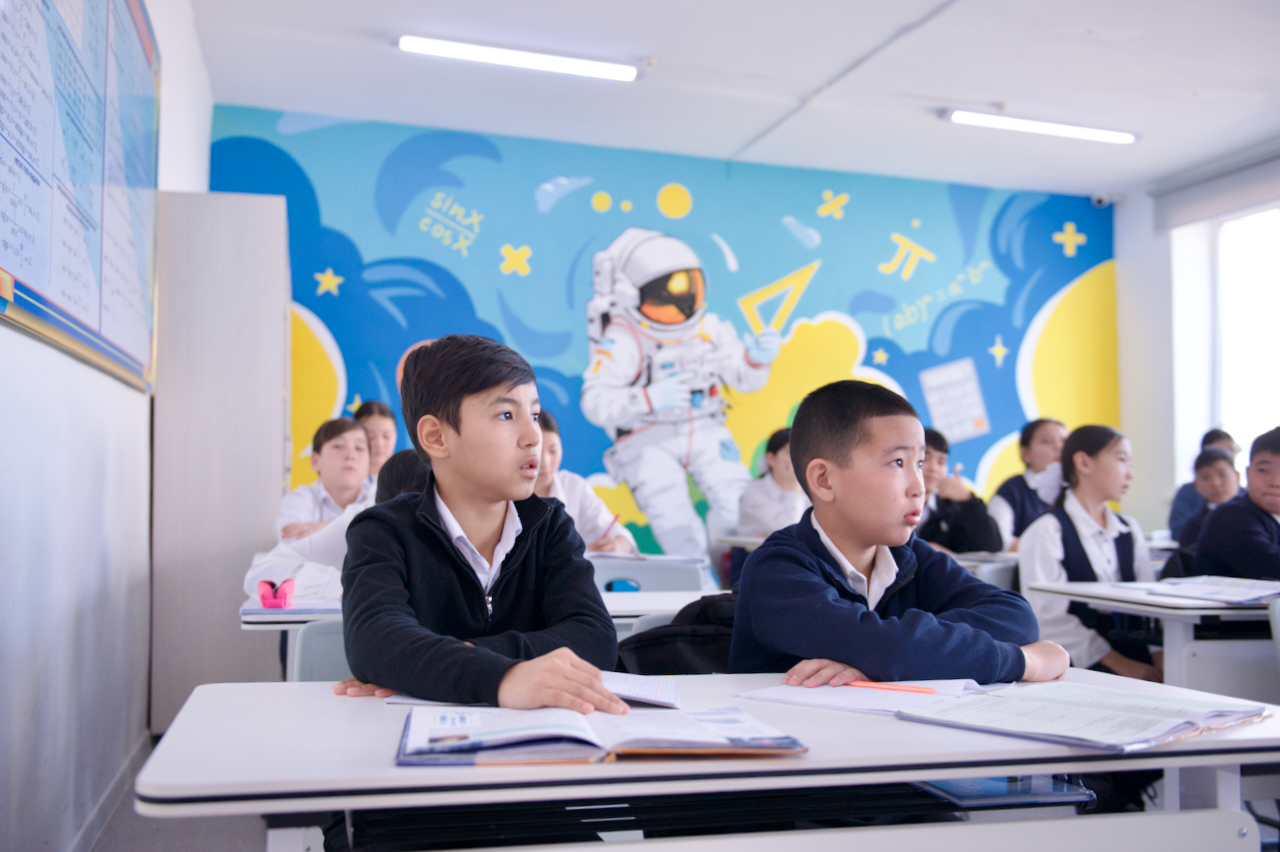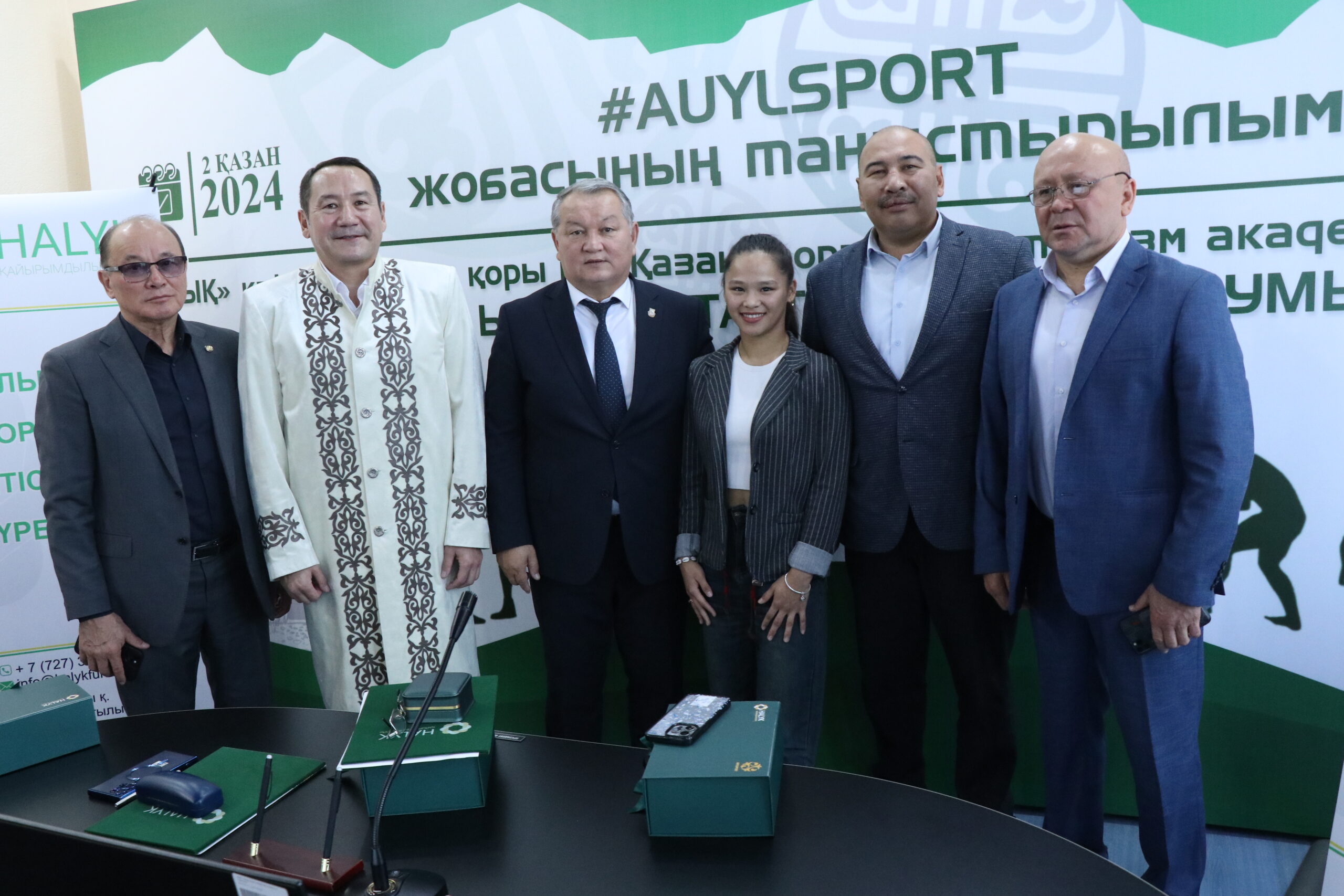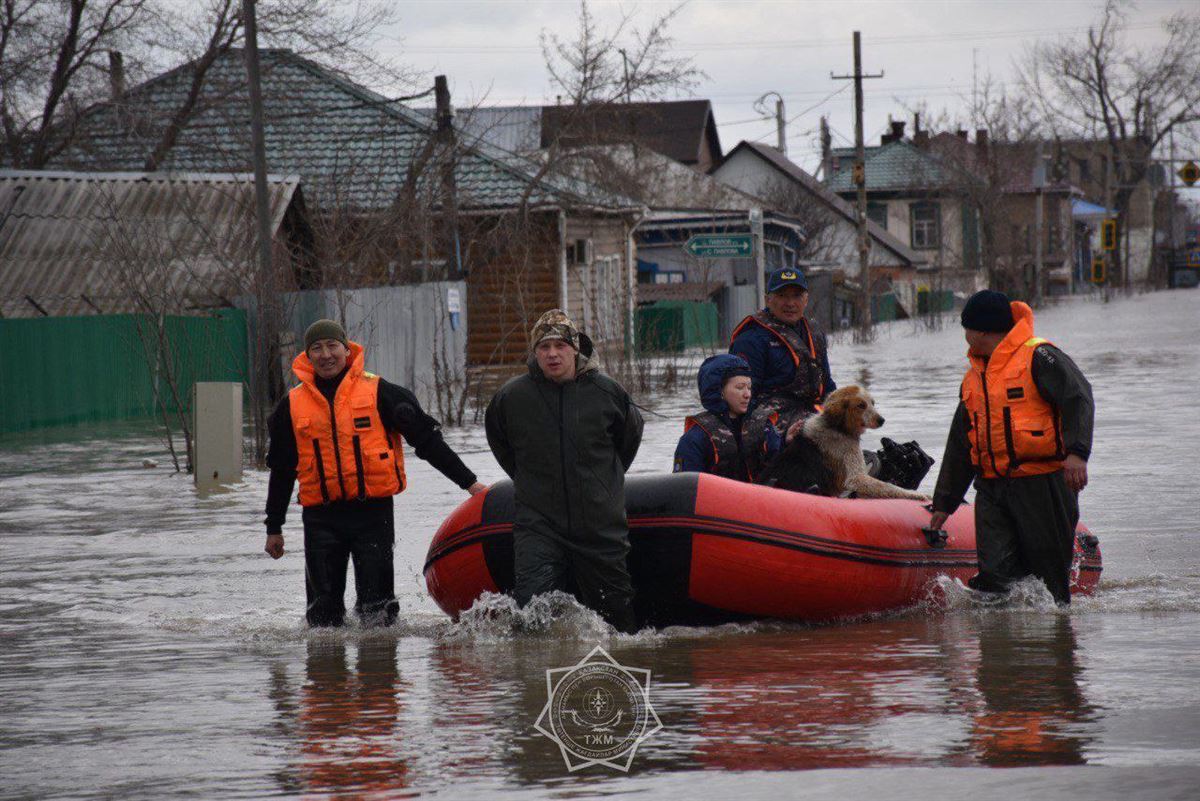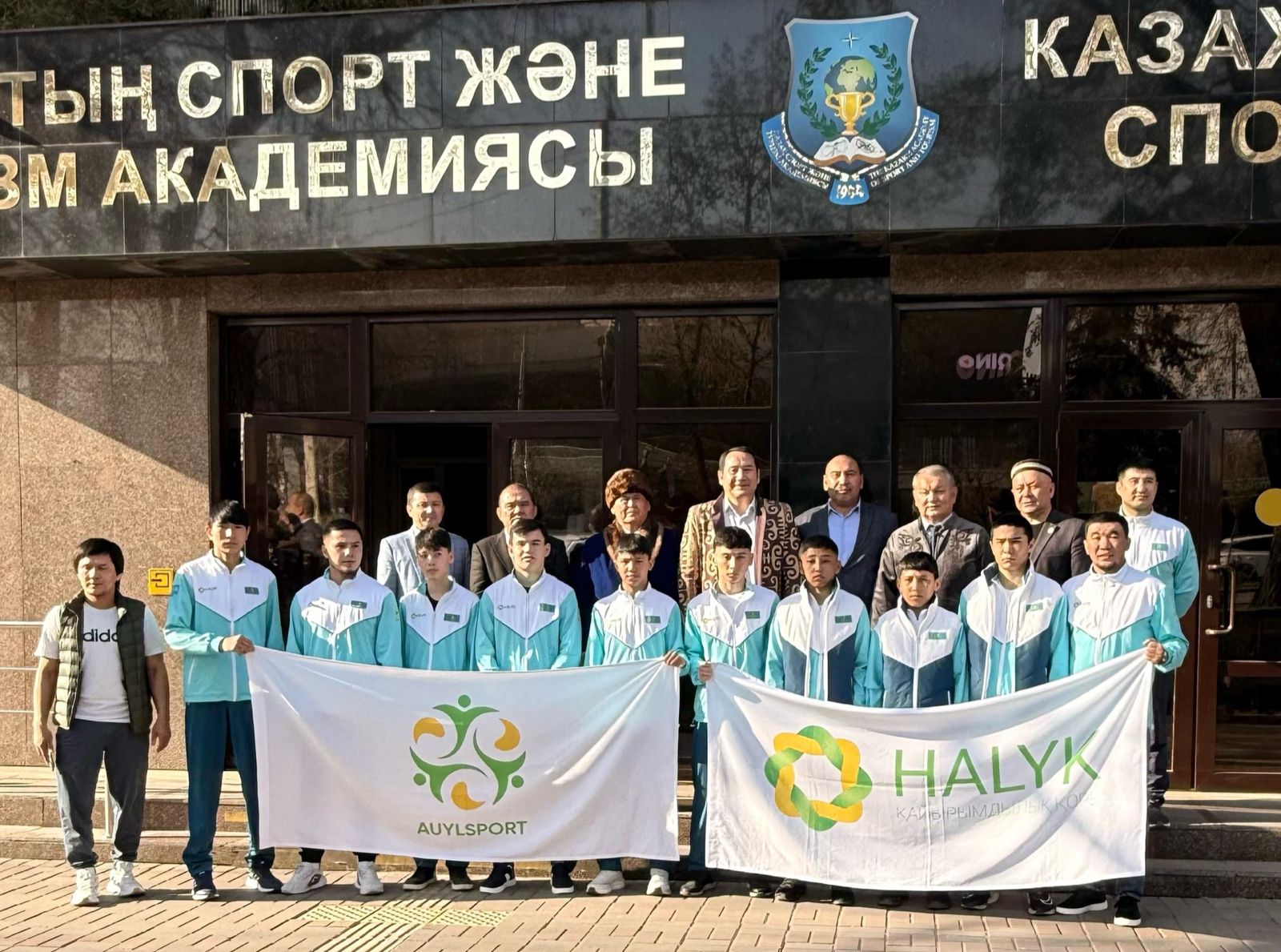Children’s Day: Halyk Charitable Fund Celebrates with Support, Gifts, and Opportunities
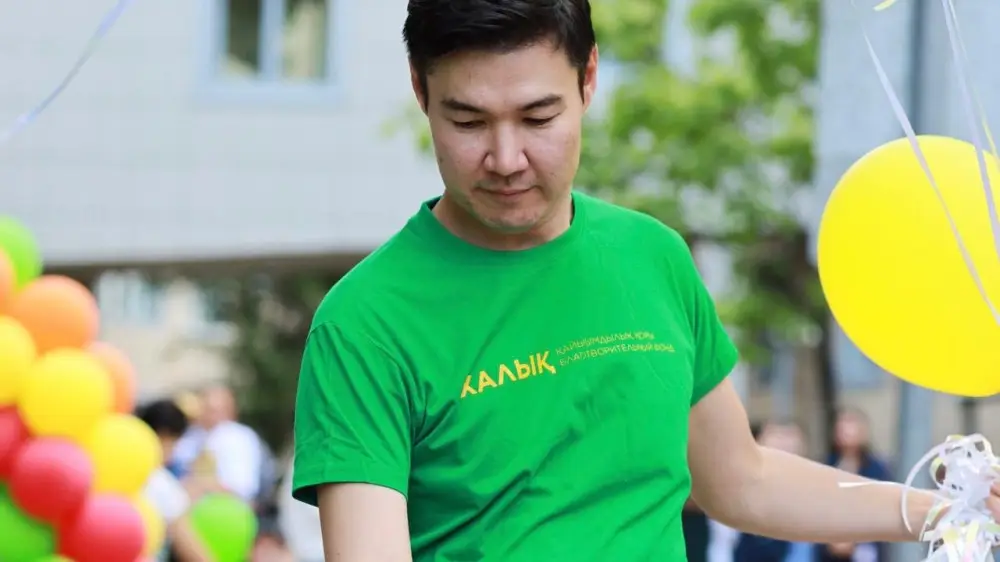
Every year, Children’s Day reminds us not only of the importance of ensuring safety and care, but also of our responsibilities to the next generation. On this special day, the Halyk Charitable Fund extends its best wishes to all children across the country.
Since its founding, the Halyk Charitable Fund—led by founder and philanthropist Timur Kulibayev—has actively addressed key social challenges. Over the years, the fund has provided football equipment to 10,000 rural children, built a 280-seat kindergarten, and installed more than 50 children’s and football playgrounds. A total of 300 million tenge was allocated for educational grants: this academic year, 12 students studied on full Halyk Fund scholarships, six of whom earned IB diplomas and were admitted to leading universities around the world.
“Children are the future of our country, and their safety and well-being must be our shared priority. We, as adults, can create a world where every child has the opportunity to realize their potential and contribute to the development of Kazakhstani society as a whole,” said Nariman Abilshaikov, Managing Director of the Halyk Charitable Fund.
This year, for Children’s Day, the Halyk Fund provided toys to 17 playrooms at the Scientific Center for Pediatrics and Pediatric Surgery. More than 5,000 children from all regions of Kazakhstan are hospitalized there each year with severe oncohematological, orphan, surgical, and other diseases.

Gifts were also prepared for children at the center who participate in adaptive football. At the center, children with various disabilities develop socialization and physical activity skills.

The fund also supported the publication of a teaching aid for learning the Kazakh language through the lyrics of children’s songs. The author of the resource is composer and professor of Toraigyrov University, Dukenbai Nazymbek.

The Halyk Charitable Fund remains committed to its mission of creating equal access to social support and knowledge through the development of education, sports, and culture—including for children from single-parent and large families.

